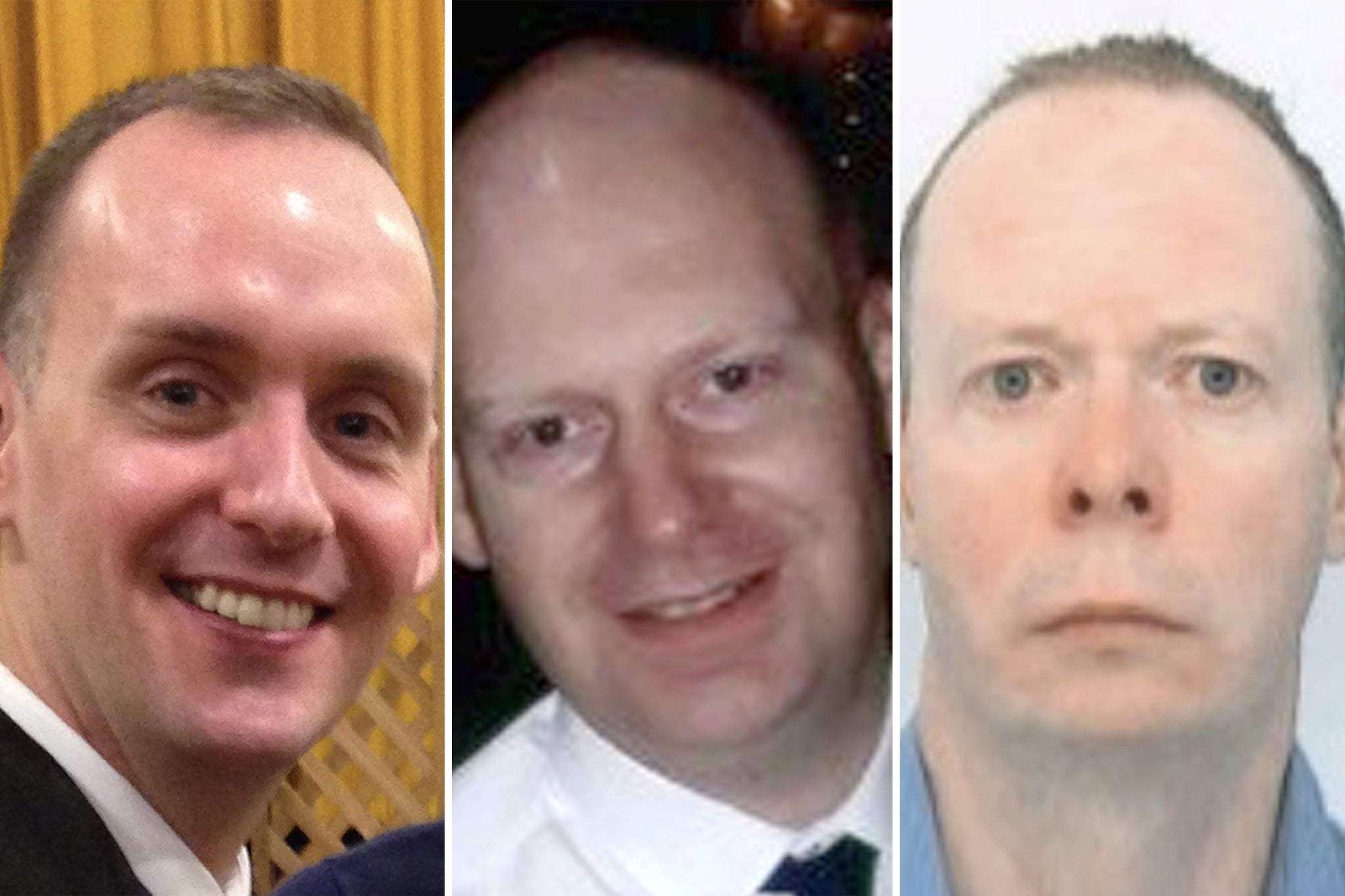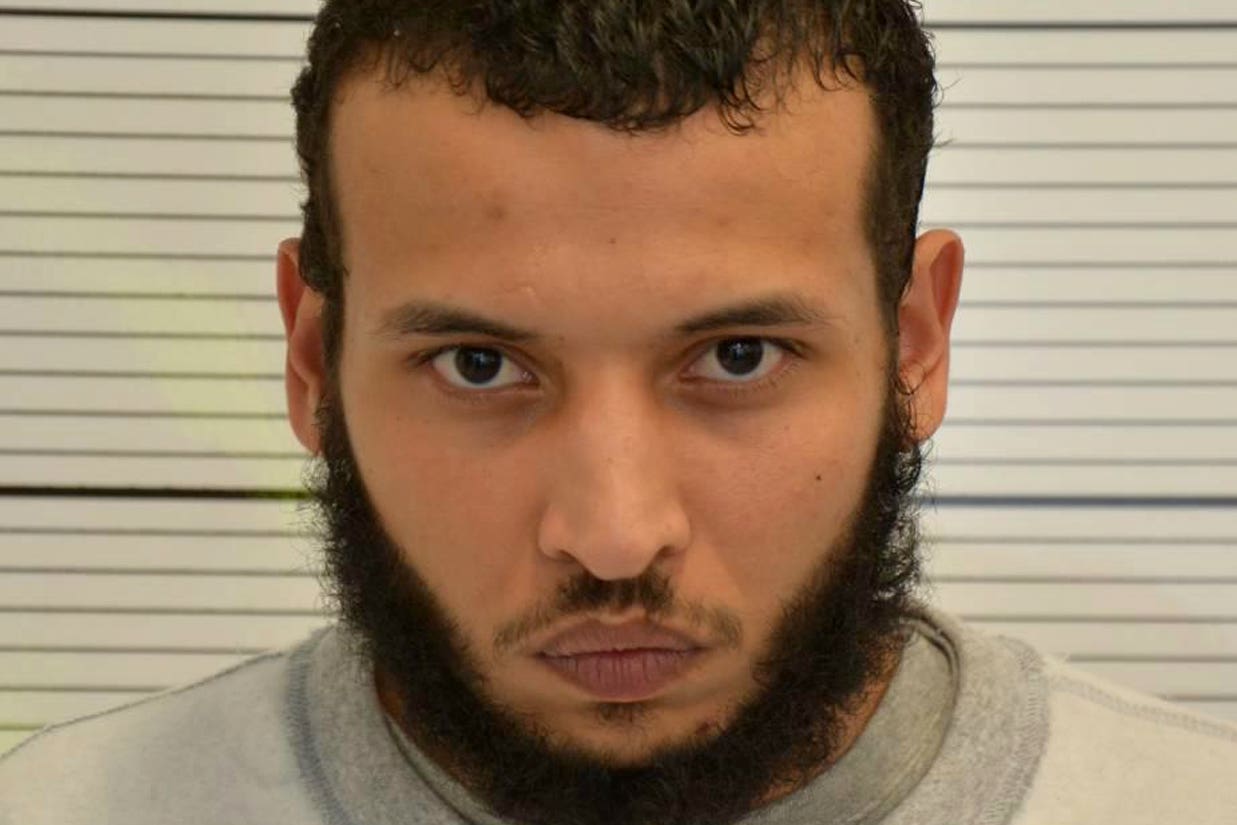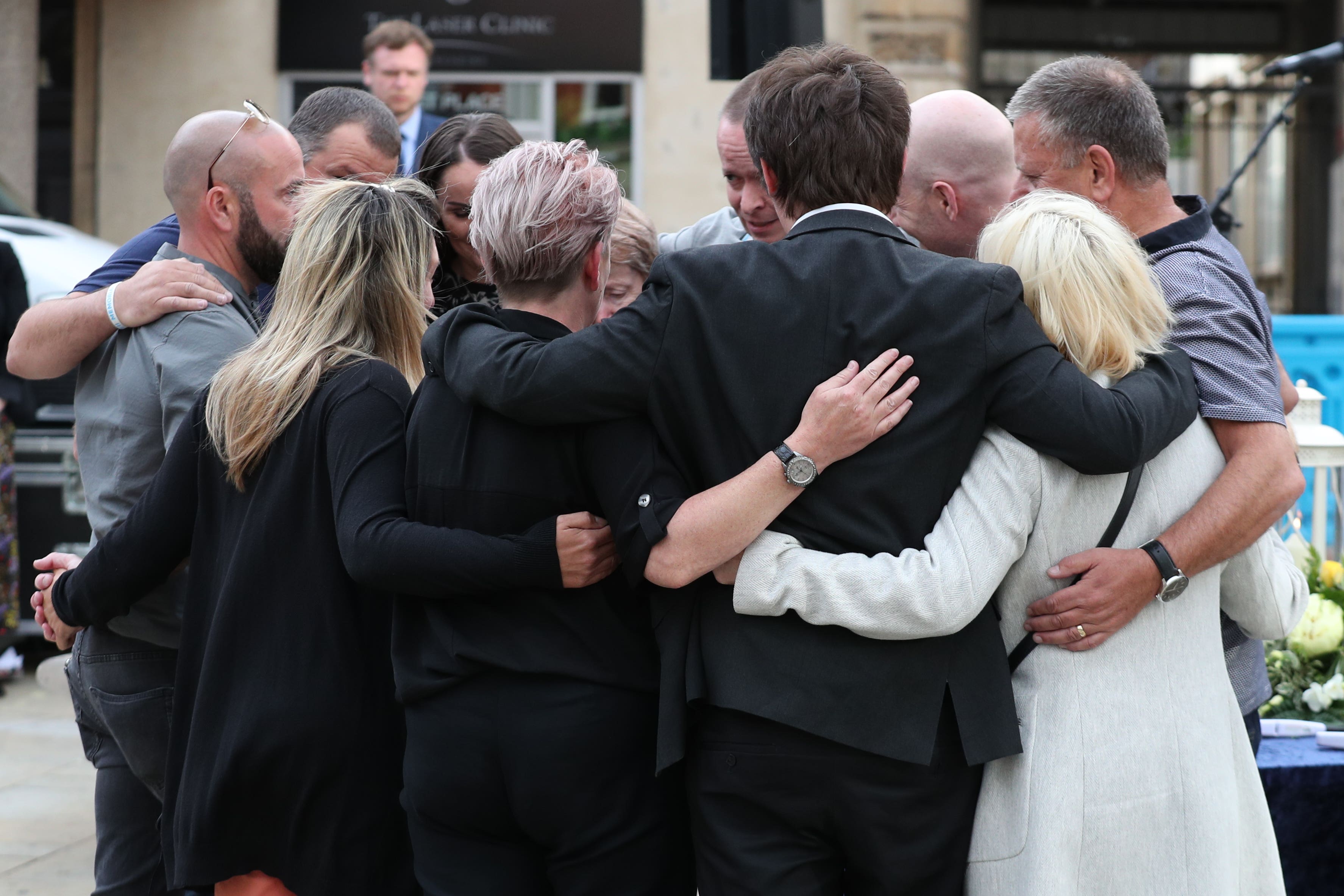Reading terror stabbings ‘probably avoidable’, inquest concludes
Judge Coroner Sir Adrian Fulford has delivered his findings after an inquest into the deaths of James Furlong, Dr David Wails and Joseph Richie-Bennett

A coroner has ruled the deaths of three people in the Reading terror attack were ”probably avoidable” as he delivered his conclusion following an inquest at the Old Bailey on Friday.
James Furlong, 36, Dr David Wails, 49, and Joseph Ritchie-Bennett, 39, were murdered by Islamic terrorist Khairi Saadallah in a brutal attack in a park in the Berkshire town in 2020.
Saadallah shouted “Allahu Akbar” as he stabbed his victims with a knife he had bought from a supermarket the day before.
Three others survived after being attacked by the 26-year-old Libyan refugee.
All six attacks took place in under 60 seconds. Saadallah threw away the blade and fled the park, Forbury Gardens, while being chased by an off-duty police officer.
Since arriving in Britain in 2012, Saadallah was convicted of various offences including theft and assault.
Judge Coroner Sir Adrian Fulford said the deaths “probably would have been avoidable” if the mental health service had given “greater priority to stabilising KS and securing access to long-term psychological therapy”.

Saadallah was given a whole-life jail sentence after pleading guilty to three murders and three attempted murders in 2021. It emerged that the killer had previous convictions for theft and assault and was released from prison 15 days before the killings.
An inquest into the deaths heard how the Home Office dealt with Saadallah with “woeful inadequacy” before the incident when the director of the department’s Foreign National Offenders Returns Command (FNORC) answered questions.
And a counsellor said he “harassed” mental health services to examine the terror attacker in the year before the killings.

It was also revealed that Thames Valley Police had failed to find a knife at Saadallah’s home during a welfare check the day before he carried out the attacks.
Judge Coroner Sir Adrian Fulford said that if Saadallah’s “extremist risk had been better analysed”, he would probably then have been recalled to custody the day before the attacks, meaning they would never have happened.
He added that while the attacks “could not have been predicted” the risk Saadallah posed “should have been anticipated”.
The inquest heard how Saadallah was repeatedly categorised as “low risk” but should have instead “been recognised as a high-risk patient in danger of causing serious harm”.
The coroner added that he had “no chance of receiving the psychological help” he needed in prison.
The inquest heard the terrorist was “in limbo” for a number of years as his asylum application in the UK was refused, and he was also ineligible for deportation to Libya because of the country’s civil war.
Saadallah joined a proscribed Islamist group during the Arab Spring uprising against Colonel Muammar Gaddafi in 2011, but fled when he was asked to engage in torture, the inquest heard.
The murders took place on 20 June, 2020 as the first coronavirus lockdown neared its end.
